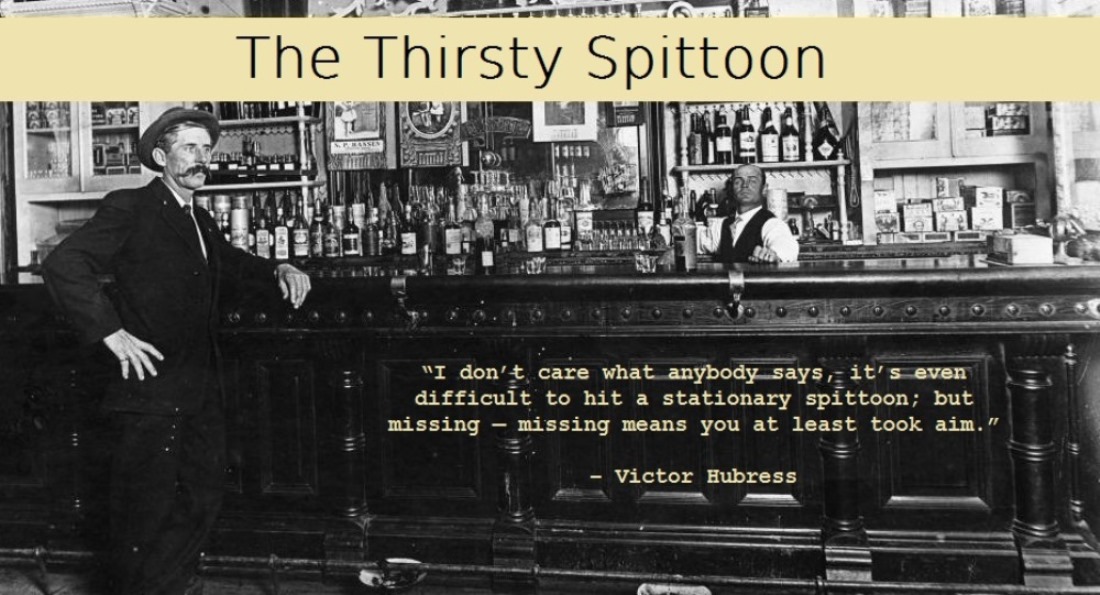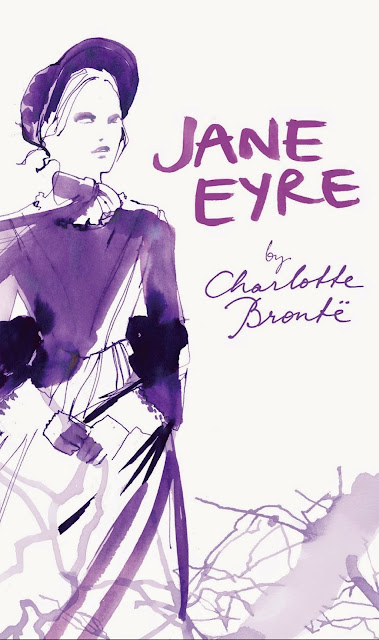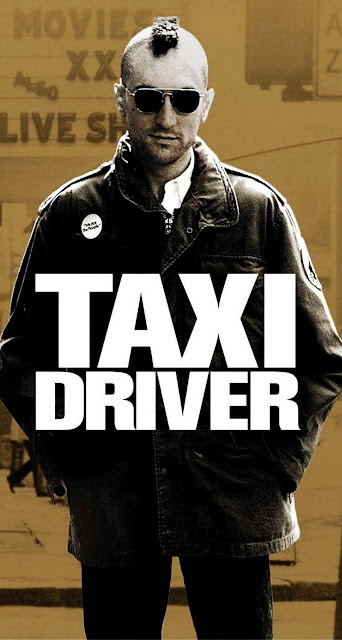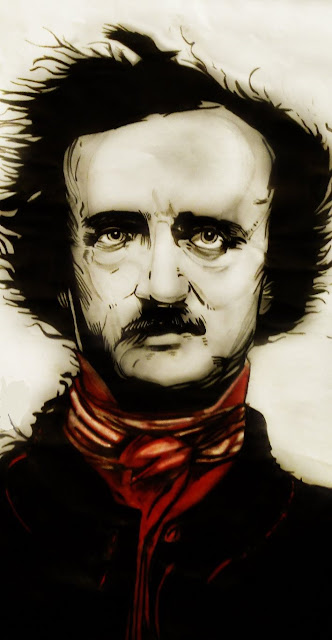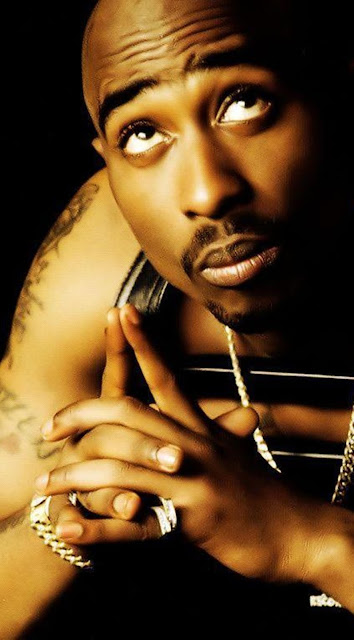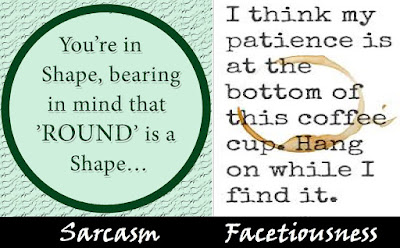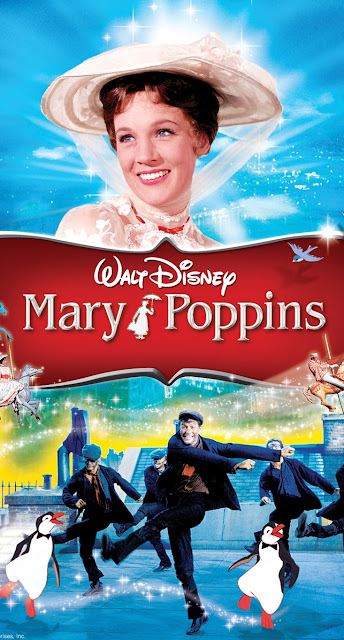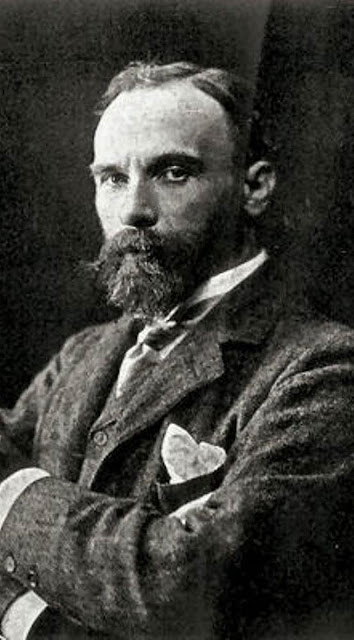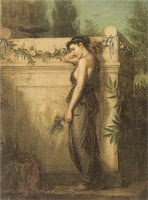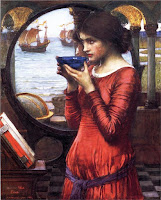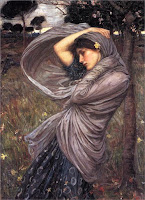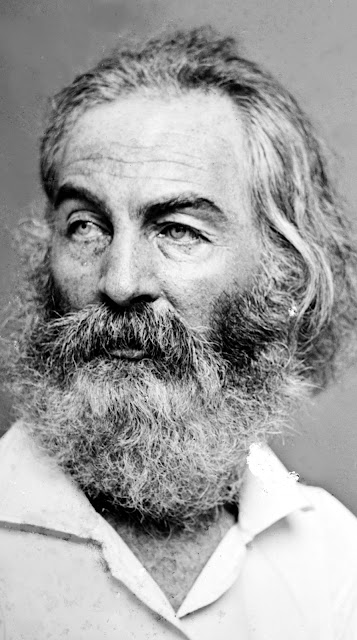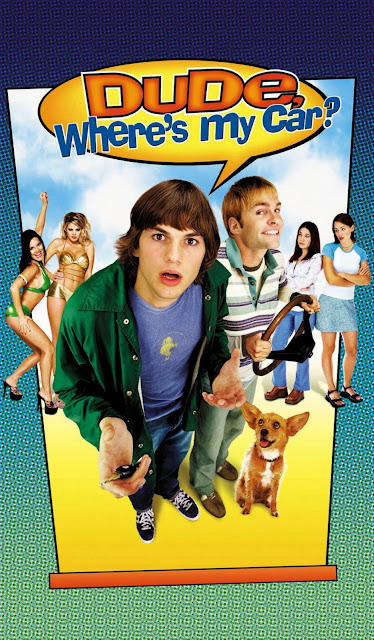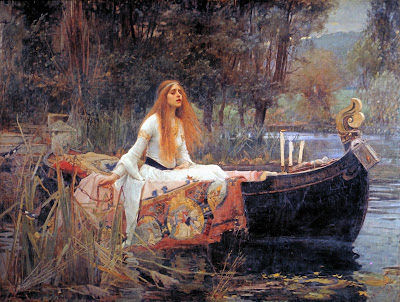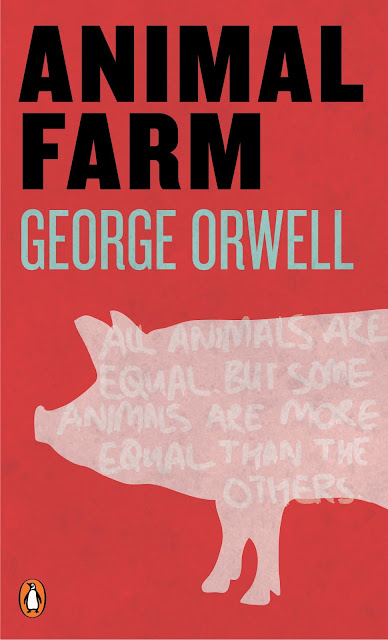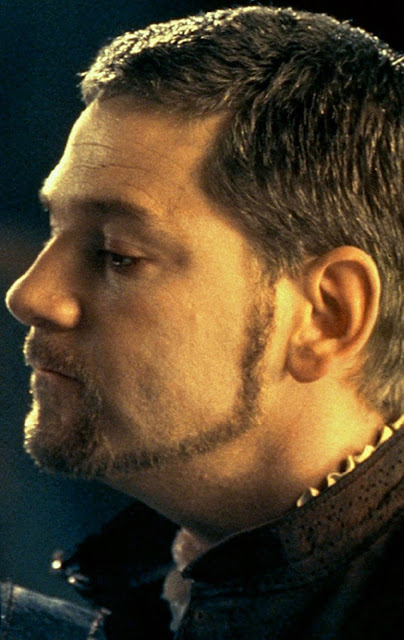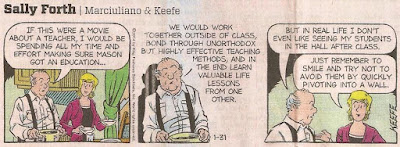1847 (published) ; Charlotte Brontë
Jane Eyre (originally published as Jane Eyre: An Autobiography) is a novel by English writer Charlotte Brontë. It was published on October 16, 1847, by Smith, Elder & Co. of London, England, under the pen name “Currer Bell.” The first American edition was published the following year by Harper & Brothers of New York.
Primarily of the Bildungsroman genre, Jane Eyre follows the emotions and experiences of its eponymous heroine, including her growth to adulthood and her love for Mr. Rochester, the Byronic master of fictitious Thornfield Hall. In its internalization of the action (the focus on the gradual unfolding of Jane’s moral and spiritual sensibility, and the events colored by a heightened intensity previously the domain of poetry), Jane Eyre revolutionized the art of fiction. Charlotte Brontë has been called the “first historian of the private consciousness” and the literary ancestor of writers such as Joyce and Proust. The novel contains elements of social criticism, with a strong sense of morality at its core, but is nonetheless a novel many consider ahead of its time given the individualistic character of Jane and the novel’s exploration of classism, sexuality, religion, and protofeminism.
